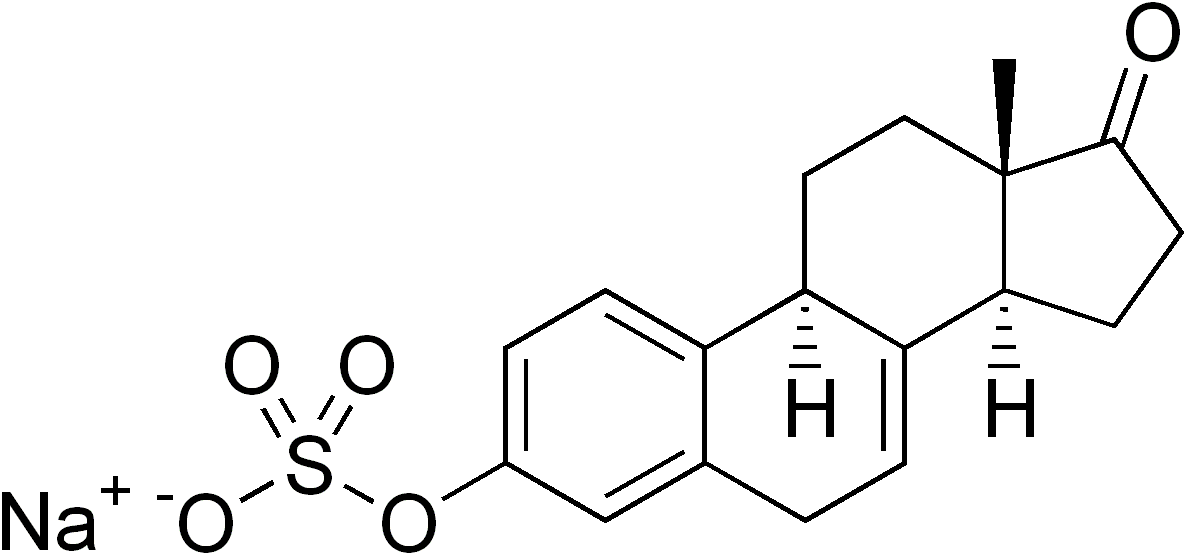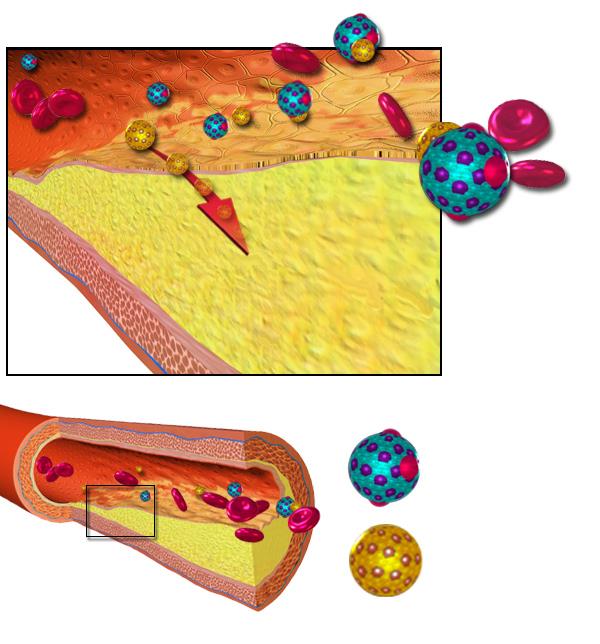SPECT Scans at the Amen Clinic – A New Phrenology?
Phrenology was a 19th century pseudoscience that claimed to associate brain areas with specific personality traits. It was based on palpating bumps on the skull and was totally bogus. New brain imaging procedures are giving us real insights into brain function in health and disease. They are still blunt instruments, and it is easy and tempting to over-interpret what we are seeing....

Hormone Replacement Therapy
The Women's Health Initiative revealed new risks about hormone replacement therapy, and now the media (and doctors) are scrambling to understand what it means. Of course, because this is medicine, it's complicated.
The Business of Being Born
One of our readers asked for a critique of the movie “The Business of Being Born.” I guess my sex and specialty make me the best qualified to comment. I delivered over 200 babies as a family physician. I had two babies of my own (at age 37 and 39), one with intervention (forceps) and one 9-pounder who almost “fell” out before...
Thoughts on Neuroplasticity
I recently read a fascinating book, The Brain That Changes Itself by Norman Doidge. He describes case histories and research indicating that the brain is far more malleable than we once thought. We used to think each function was localized to a small area of the brain and if you lost that area of brain tissue the function was gone forever. We once thought...
Science and Chiropractic
In the comments to a previous blog entry, a chiropractor made the following statements: 1. Chiropractic is a science. 2. Chiropractic is based on neurology, anatomy and physiology. 3. Chiropractors are doctors of the nervous system. 4. Chiropractic improves health and quality of life. I offered to write a blog entry on the “science” of chiropractic, and I asked him, both in...
Ultrasound Screening: Misleading the Public
There is a new industry offering preventive health screening services direct to the public. A few years ago it was common to see ads for whole body CT scan screening at free-standing CT centers. That fad sort of faded away after numerous organizations pointed out that there was considerable radiation involved and the dangers outweighed any potential benefits. Now what I most commonly...
Glucosamine Update: A New Study and a New Product
When I recently wrote about glucosamine, I discussed the evidence up through the New England Journal of Medicine study of 2006, which I thought was a pretty definitive study showing that neither glucosamine, chondroitin or a combination of the two was more effective than placebo. Subsequent studies have continued to fuel the controversy. One 2007 study showed that glucosamine sulfate was better than placebo for knee osteoarthritis. Another 2007 study showed...
Antibiotics for Sinusitis
You’re a patient. That cold just isn’t getting better and you have purulent drainage from your nose, and your face hurts and your teeth hurt. You probably have sinusitis, right? You go to a doctor to get an antibiotic. You’re a doctor. Deep down, you know there’s a good chance the patient has a self-resolving condition. You’d rather not do x-rays on every patient who...
Another Acupuncture Study – On Heartburn
Patients with heartburn are often diagnosed with GERD (gastroesophageal reflux disease) and treated with a drug called a proton pump inhibitor (PPI) to reduce stomach acid production. It is pretty effective, but it doesn’t always work. When it doesn’t, standard practice has been to double the dose of PPI. Doubling the dose only improves symptoms in 20-25%. Most patients who fail the...

The International Network of Cholesterol Skeptics
There is an organization that calls itself The International Network of Cholesterol Skeptics (THINCS). Its members “thinc” they are smarter than the average doctor. They “thinc” that cholesterol has nothing to do with cardiovascular disease and that we have been deluded into waging a “cholesterol campaign” for which the scientific evidence is non-existent. They say, “What we all oppose is that animal...

